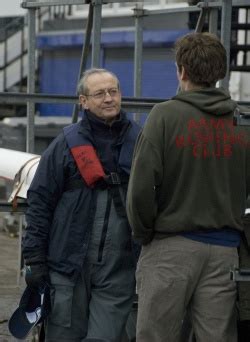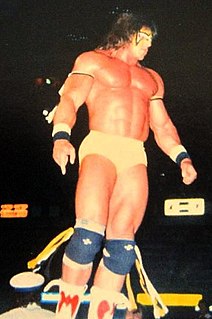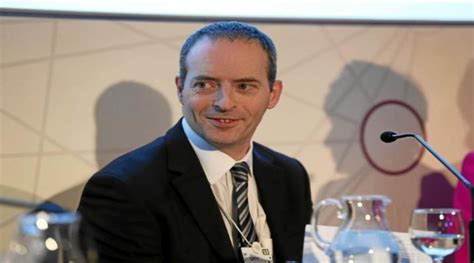A Quote by Johann Wolfgang von Goethe
He only earns his freedom and his life Who takes them every day by storm.
Related Quotes
The individual is defined only by his relationship to the world and to other individuals; he exists only by transcending himself, and his freedom can be achieved only through the freedom of others. He justifies his existence by a movement which, like freedom, springs from his heart but which leads outside of himself.
Of all the animal creations of God, main is the only animal who has been created in order that he may know his Maker. Man's aim is life is not therefore to add from day to day to his material prospects and to his material possessions, but his predominant calling is, from day to day to come nearer to his own Maker.
I watched them carefully, as always, searching for a sign of mental weakness. But there was none. Every man was coping well with the hardship, each one of them locked into his task. But it is one thing to practice, and quite another to race. And the trouble is, you never know who, on the day, will find it within his soul to give more than he has ever given before. It takes a kind of madness to compete like that, because of the will power and the ego, and his loyalty. And while some men have it, others have yet to find it. And a coach can only use his best judgement as to who those men will be.
I cannot define for you what God is. I can only say that my work has proved empirically that the pattern of God exists in every man and that this pattern has at its disposal the greatest of all his energies for transformation and transfiguration of his natural being. Not only the meaning of his life but his renewal and his institutions depend on his conscious relationship with this pattern of his collective unconscious.
One day or another every athlete feels like taking it easy. He stops trying to exceed his limits, and thinks he can keep winning because of his lucky star, or the bad luck of his opponents. You must overcome this negative instinct, which affects all of us, and which is the only difference between the person who wins a race, and those who lose. This is the battle you have to fight every day of your life.
This is how one pictures the angel of history. His face is turned toward the past. Where we perceived a chain of events, he sees one single catastrophe which keeps piling wreckage and hurls it in front of his feet. The angel would like to stay, awaken the dead, and make whole what has been smashed. But a storm is blowing from Paradise; it has got caught in his wings with such violence that the angel can no longer close them. This storm irresistably propels him into the future to which his back is turned, while the pile of debris before him grows skyward. The storm is what we call progress.





































